Insights e Artigos
Descubra as últimas novidades em ferramentas de IA, truques de produtividade, análises de software e tendências tecnológicas.

10 Melhores Ferramentas de Resumo de Vídeo com IA
Descubra as 10 melhores ferramentas de resumo de vídeo com IA para 2025, incluindo opções gratuitas e premium para YouTube e outros vídeos. Compare recursos, preços, precisão e muito mais para encontrar a melhor ferramenta para resumos rápidos e economia de tempo.
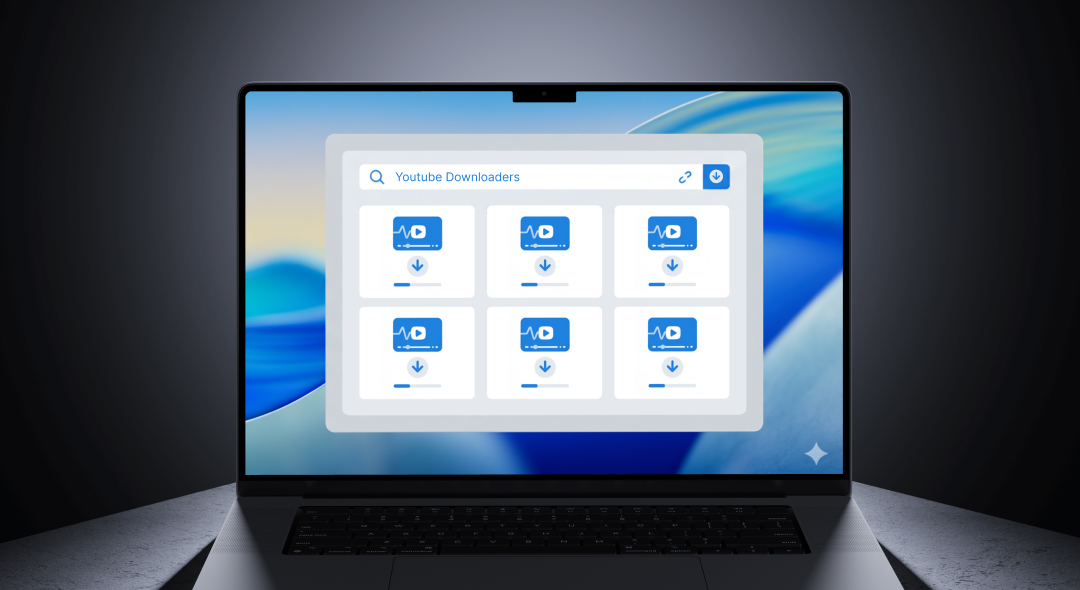
Melhor YouTube Downloader: 6 Ferramentas Funcionando Fevereiro de 2026
Encontre o melhor YouTube downloader que realmente funciona em 2026. Compare 6 ferramentas funcionando, incluindo 4K Video Downloader, Y2Mate e SnapDownloader com classificações de segurança e recursos atuais.

Riscos de privacidade dos aplicativos de notas de IA: por que as equipes de RH estão em pânico em 2026
A Fortune relata que as ferramentas de reunião com IA estão causando pesadelos de RH. Saiba mais sobre os riscos reais de privacidade, questões de consentimento legal e como usar aplicativos de notas de IA de forma responsável no local de trabalho.
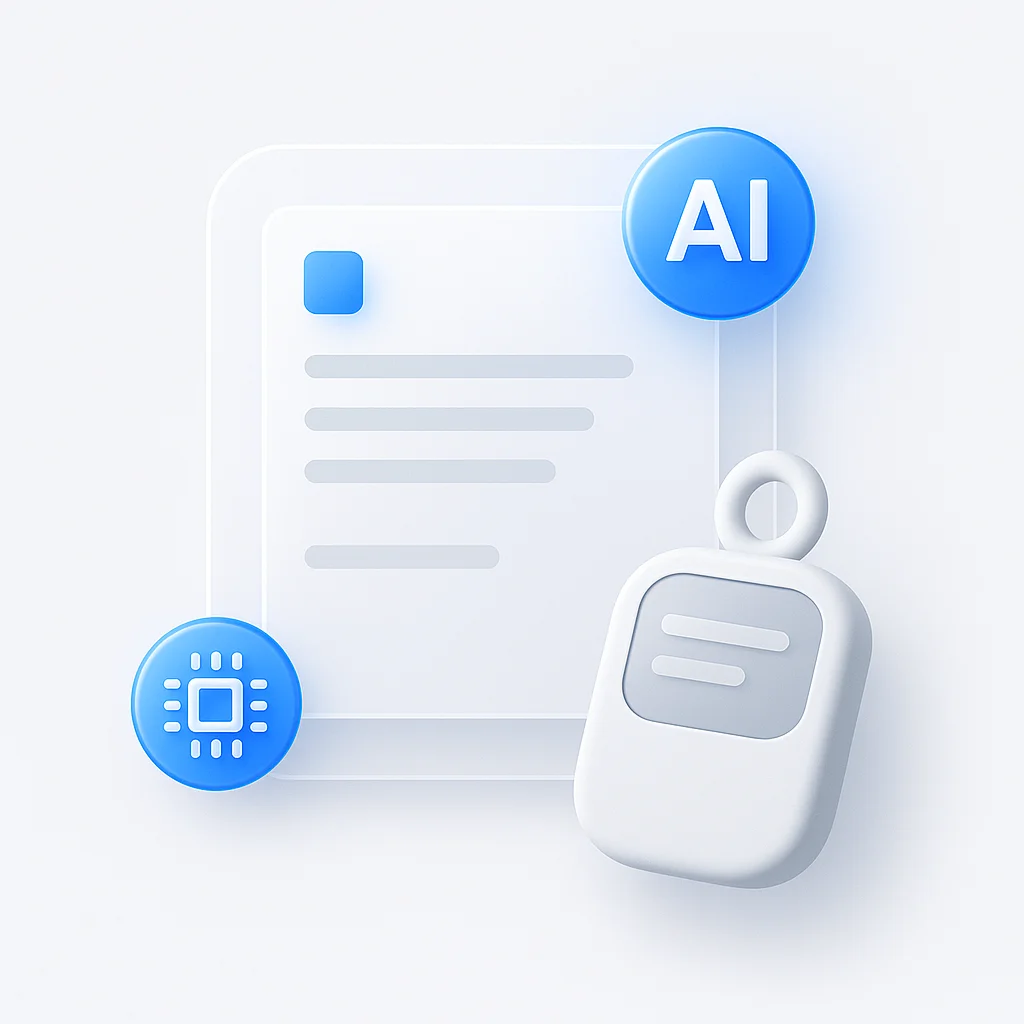
Anotadores AI 2026: Hardware vs Software
Dispositivos de notas AI dominaram a CES 2026 com Plaud NotePin e Limitless Pendant. Comparacao hardware vs software.
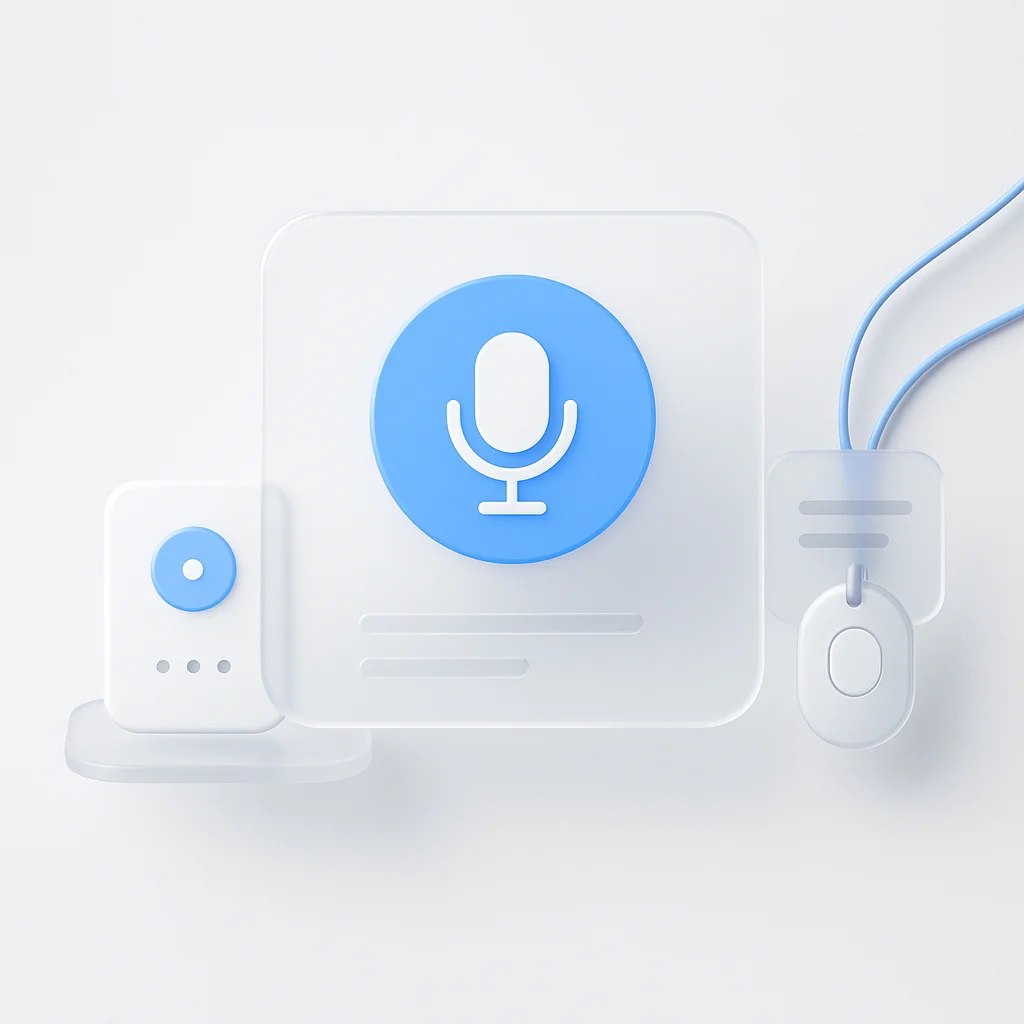
Anotadores IA Hardware vs Software 2026: Qual Realmente Funciona Melhor?
Anotadores IA hardware vs software 2026: Compare Plaud NotePin S, Limitless Pendant com Otter, Fireflies, ScreenApp. Qual funciona melhor para reuniões?
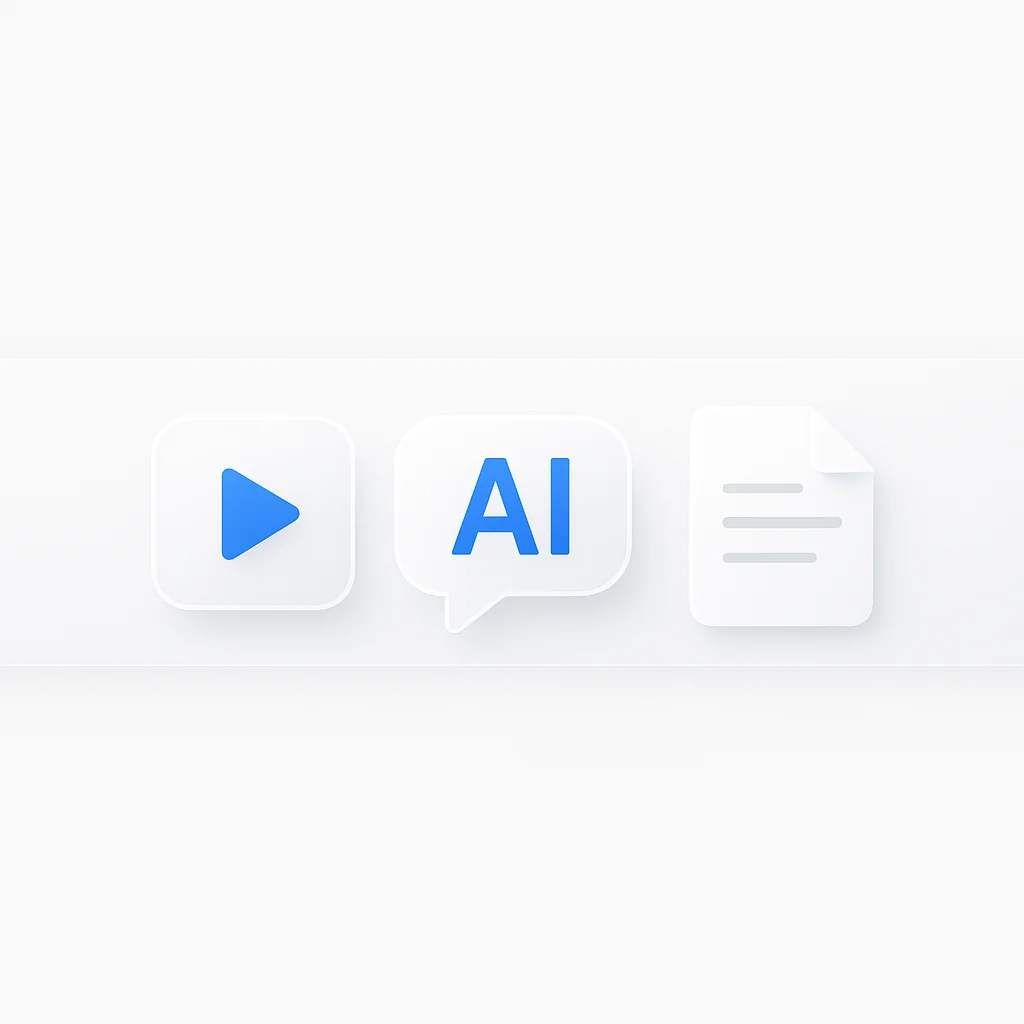
7 Melhores Geradores de Respostas de IA para Vídeos - Documentos 2026
Pare de alternar entre aplicativos. Testamos as melhores ferramentas de IA que permitem conversar com vídeos e PDFs simultaneamente. Encontre o gerador de respostas de IA perfeito para trabalho e estudo.

12 Melhores Alternativas de IA para Cursor em 2026 | Gratuito-Pago, Código Aberto, IDEs, Plugins
Descubra as melhores alternativas de IA para Cursor. Compare assistentes de programação de IA gratuitos, de código aberto e pagos para VS Code, JetBrains e muito mais. Encontre o par programador de IA certo para seu fluxo de trabalho, privacidade e orçamento.

10 Melhores Programas para Baixar YouTube Shorts
Procurando o melhor programa para baixar YouTube Shorts? Testamos e classificamos os 10 melhores sites e aplicativos gratuitos para iPhone e Android para baixar Shorts em HD para sua galeria ou status do WhatsApp.

10 Melhores Assistentes de Entrevista com IA - Copilotos 2026
Uma análise completa dos melhores assistentes de entrevista com IA. Use um copiloto ou bot de entrevista com IA gratuito para praticar perguntas, obter feedback instantâneo sobre suas respostas e ter sucesso em sua próxima entrevista de emprego.
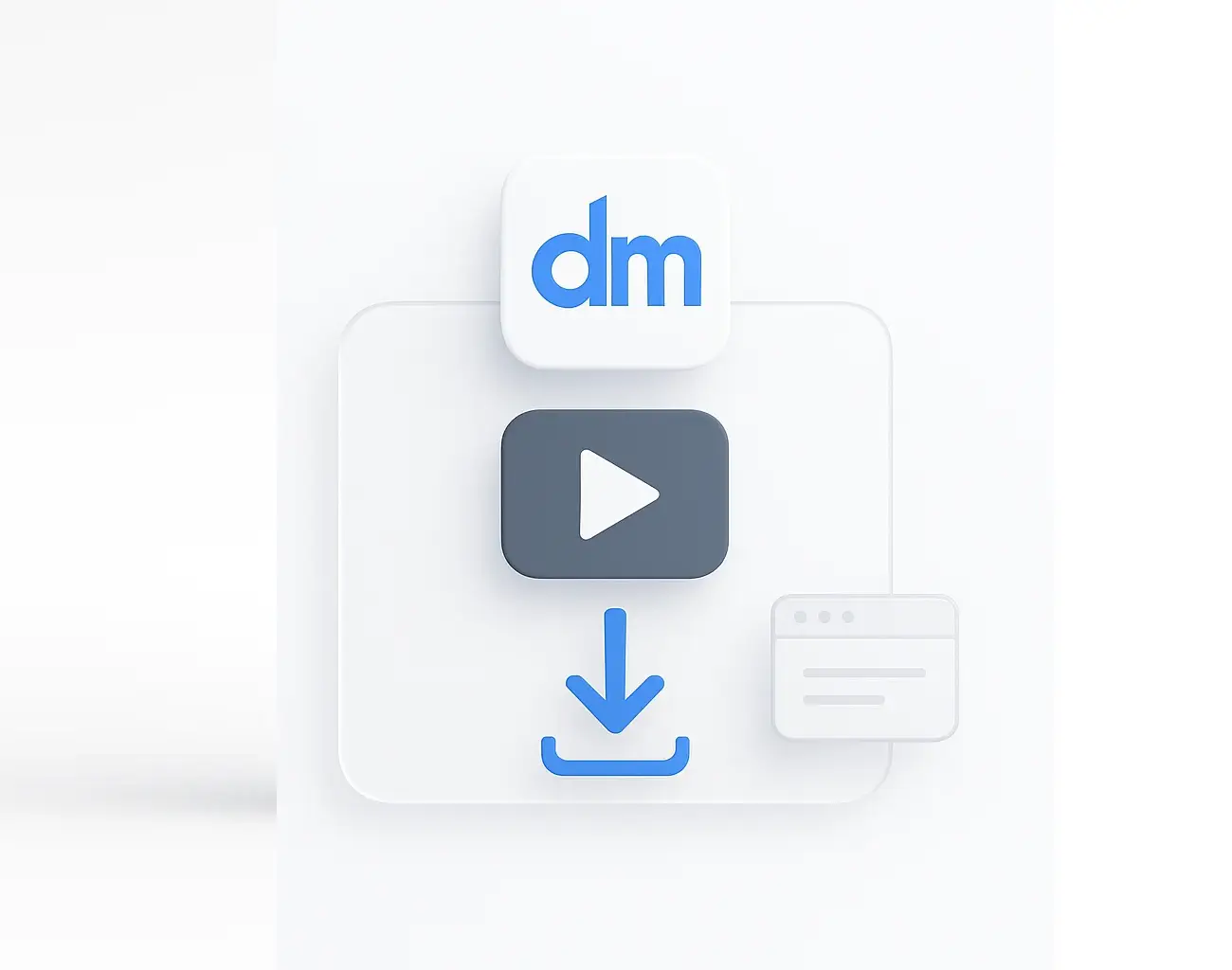
12 Melhores Programas para Baixar Vídeos do Dailymotion em 2026
Descubra os 12 melhores programas para baixar vídeos do Dailymotion em 2026. Aprenda como baixar vídeos do Dailymotion em HD, salvar conteúdo em 4K e usar as melhores ferramentas online gratuitas.

10 Best Vimeo Video Downloader 2026 (Free - Online)
Discover the top 10 Vimeo video downloaders for 2026. Learn how to download private Vimeo videos, save 4K content, and use the best Chrome extensions.

10 Melhores Resumidores de Livros Didáticos com IA de 2025
Com dificuldades com as leituras dos livros didáticos? Testamos os melhores resumidores de livros com IA gratuitos para 2025. Obtenha resumos de capítulos instantâneos de PDFs e textos para impulsionar suas sessões de estudo.

10 Melhores Apps de Videochamada Android para 2025: Guia Definitivo para Conexões Perfeitas
Descubra os 10 melhores apps de videochamada Android para 2025. Compare recursos, segurança e desempenho para encontrar a solução perfeita de videochamada para uso pessoal e profissional.
